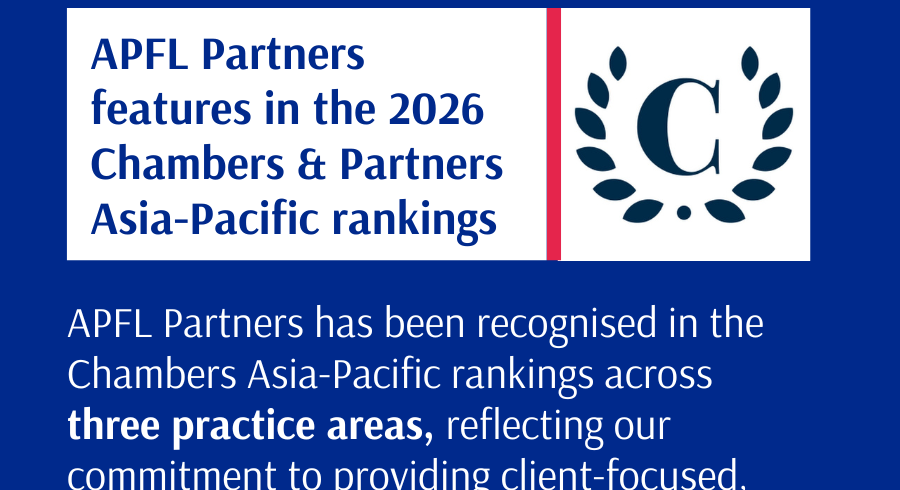MONRE Consults on Carbon Trading Markets

Speaking ahead of the United Nations Climate Change Conference (“COP-26”) in Glasgow (UK) in 2021, the Prime Minister set out ambitious targets for Vietnam to reach net-zero carbon emissions with a deadline of 2050.
Since then, the government has outlined a range of measures to enable Vietnam to meet its climate targets, such as the Just Energy Transition Partnership (“JETP”) and the long-awaited Power Development Plan 8 (“PDP 8”). However, one of the less-discussed (but just as important) tools for Vietnam to meet its net-zero ambitions will be carbon trading markets.
In simple terms, carbon credit markets assign a cap on the amount of carbon emissions that companies can generate. Those who have emitted less carbon than their quota, or who have ‘offset’ their emissions through environmental initiatives like solar panels or wind power, can then sell this surplus to other companies who exceed their emissions. The basic idea behind these markets is that carbon credits can be bought and sold with a financial incentive to reduce greenhouse gas emissions.
Developing a carbon trading market in Vietnam
Vietnamese companies have been trading carbon credits on global markets for some time, including a United Nations carbon-offset scheme known as the Clean Development Mechanism (“CDM”).
Vietnam began to set the stage for a domestic carbon trading market in 2022 through Decree 06/2022/ND-CP on greenhouse gas emission reduction and ozone protection (“Decree 06”). Decree 06 set out a two-phase process to introducing a carbon trading market.
In phase one, from 2023 to 2027, the government will focus on creating the legal framework for carbon trading. This will involve drafting regulations and the implementation of a pilot scheme from 2025.
Meanwhile, phase two will see the launch of the carbon credit market, set to take place from 2028 onwards, alongside the integration of the domestic market with international counterparts.
Once the market enters into force, those companies who surpass their carbon quotas will be required to purchase credits to offset their excess emissions, with administrative penalties applied to those who fail to follow the regulations. The aim is to encourage polluting companies to take steps to minimize the environmental impact of their commercial operations.
MONRE consults on draft decree
Now, the Ministry of Natural Resources and Environment (“MONRE”) is inviting public comments and feedback on a new draft decree which would enable the state and public investment projects to issue ‘approval letters’ to trade carbon credits with other countries through bilateral deals in line with Article 6.2 of the Paris Climate Agreement, as part of the legislative framework building in phase one of Decree 06.
The Prime Minister, through Directive 13/CT-TTg, has requested that MONRE submit this new draft decree to the government in July. Meanwhile, he has also asked the Ministries of Agriculture & Rural Development (“MARD”) and Finance (“MOF”) to propose pilot policies for the development of a domestic carbon trading market in October.
APFL Partners will continue to monitor this issue as it develops and keep our clients updated with how a carbon trading market could affect their investment projects and commercial operations. For more information, just contact our team on: contact@apflpartners.com
Disclaimer: This article and its content are for information only and are not given as legal or professional advice. they do not necessarily reflect all relevant legal provisions with respect to the subject matter. Readers should seek legal or professional advice before taking or refraining to take any action.


